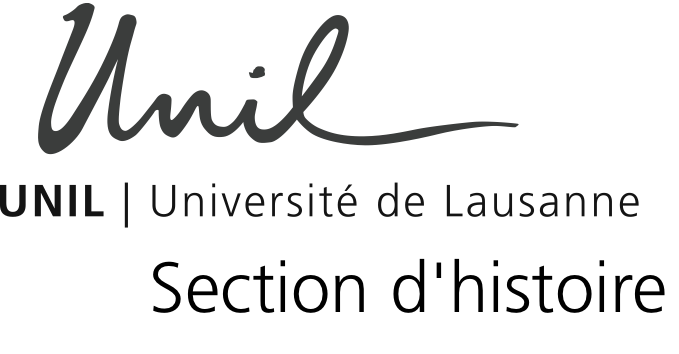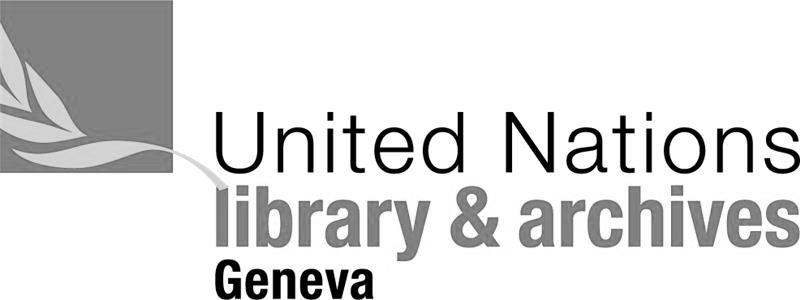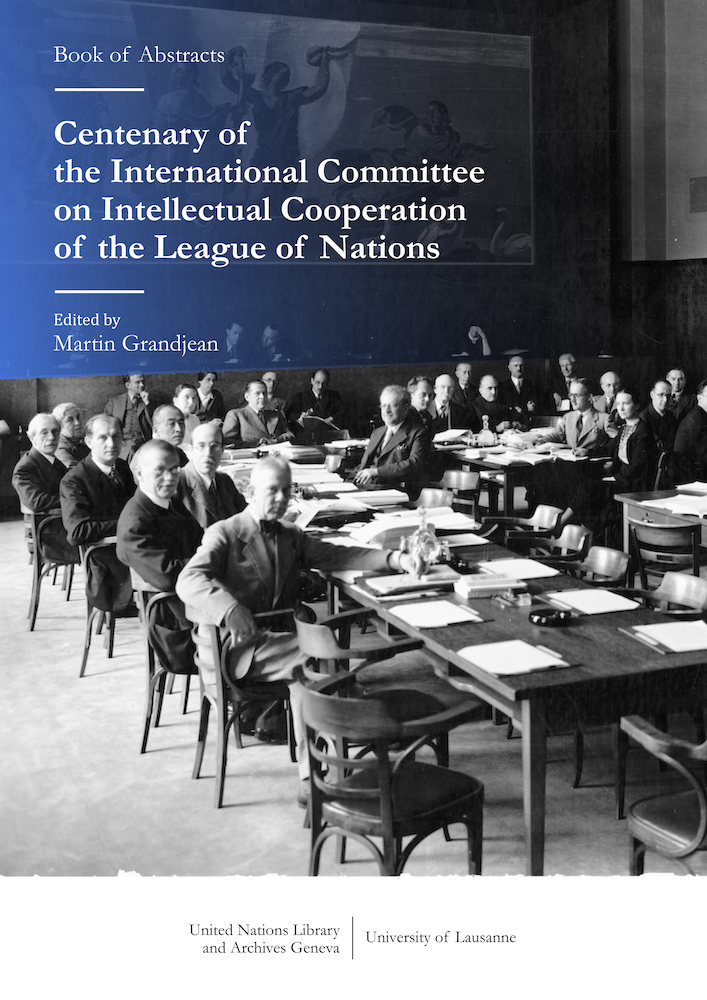| |
Table of contents |
3 |
| |
The Centenary of Intellectual Cooperation |
6 |
| Martin Grandjean |
Intellectual Cooperation, a Short Historiographical Overview |
7-12 |
| Charlotte Faucher |
European cultural diplomacies and the International Committee on Intellectual Cooperation (ICIC) |
13-14 |
| Marilena Papadaki |
N. Politis (1872-1942), a “governments’ intellectual’: the promotion of the idea of intellectual cooperation as a basis for world peace |
15-16 |
| Pelle Van Dijk |
Mobilising international public opinion: Moral disarmament as the public diplomacy of the League of Nations |
17-19 |
| Jonathan Voges |
In the engine room of intellectual cooperation. A prosographic approach to the civil servants of the Institut international de coopération intellectuelle in Paris |
20-21 |
| Ilaria Scaglia |
A League of Minds with a Heart: Intellectual Cooperation and Emotions in the Interwar Period and Beyond |
22-23 |
| Johannes Feichtinger |
Central Europe and The Making of Intellectual Cooperation |
24-26 |
| Anastassiya Schacht |
Scholars amidst borders: Soviet representation to the League’s Committee on Intellectual Cooperation as an attempt of cross-ideological cooperation in the interwar Europe |
27-29 |
| Monika Šipelytė |
Gabrielle Radziwill: the story of Eastern European princess at the service of Intellectual Cooperation |
30-31 |
| Camila Gatica Mizala |
‘Le film, éducateur universel”. The reception of the International Educational Cinematographic Institute in Chile |
32-33 |
| Annamaria Ducci |
The League of Nations and Cultural Heritage. For an intellectual history of a notion |
34-35 |
| Christiane Sibille |
« Les relations internationales au point de vue musical » – Music and Intellectual Cooperation |
36 |
| Leandro Lacquaniti |
The Argentine Commission for Intellectual Cooperation. The itinerary of a cultural diplomacy agency of the Argentine State (1936-1948) |
37-44 |
| Nelva Mildred Hernandez Sosa and Alexandra Pita Gonzalez |
Mexico and the Permanent International Studies Conference. The Sense of the International, 1928-1939 |
45 |
| Arnab Dutta |
Towards the Invention of a Common Language of Science: The League of Nations’ Committee for Intellectual Cooperation and the Colonial Question in British India |
46-48 |
| Takashi Saikawa |
Nationalism and Internationalism in Intellectual Co-operation: Aikitsu Tanakadate and the Romanization of Japanese Language |
49 |
| Jennifer Chang |
The Bibliothèque Sino-Internationale and the International Committee on Intellectual Cooperation, 1933-1939 |
50-51 |
| Emeline Brylinski and Rita Hofstetter |
Education and childhood, a coveted field. The International Bureau of Education, an intergovernmental body seized in its relational network |
52-54 |
| Kaiyi Li |
Teaching about the League of Nations: An attempt of cultivating international consensus during the interwar period |
55-56 |
| Xavier Riondet |
How to guide and justify the work of the Intellectual Cooperation on textbooks? About the constitution and the action of the Committee of Experts de 1931 |
57-58 |
| Tomás Irish |
‘The League Committee of Intellectual Cooperation (…) has never attracted much sympathy in Great Britain’: Britain and Intellectual Co-operation in the Interwar Period |
59-60 |
| Benjamin Martin |
Fascist Cultural Internationalism? Intellectual Cooperation in Mussolini’s Italy, 1925-1937 |
61-62 |
| Jan Stöckmann |
Academic Refugees and Intellectual Cooperation at the League of Nations |
63-66 |
| Joyce Goodman |
Laura Dreyfus-Barney (1897-1974), the International Council of Women and International Intellectual Cooperation at Paris, Geneva, and Rome |
67-70 |
| Diana Roig Sanz |
A Global and Gender Perspective to the Historiography of Intellectual Cooperation |
71-73 |
| Itzel Toledo Garcia |
Women in International Cooperation during the Interwar Period: the case of Mexican Palma Guillén |
74-75 |
| Elisabet Carbo-Catalan |
Translation activities in the Organization of Intellectual Cooperation |
76-78 |
| Thomas Davies |
Three Approaches to Transnational Intellectual Cooperation: The Entente Committee of the Royal Society of Literature, International PEN, and the Co-ordinating Committee of the Major International Associations, 1916-1939 |
79-80 |
| |
Bibliography |
81-89 |
| |
Conference program |
90-93 |
| |
Credits |
94 |





